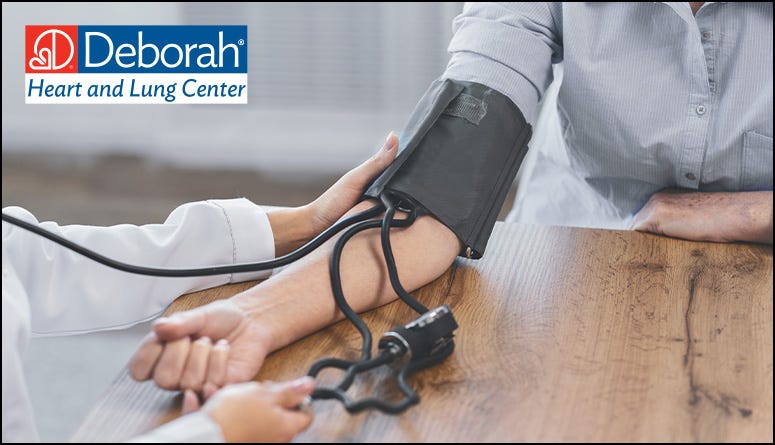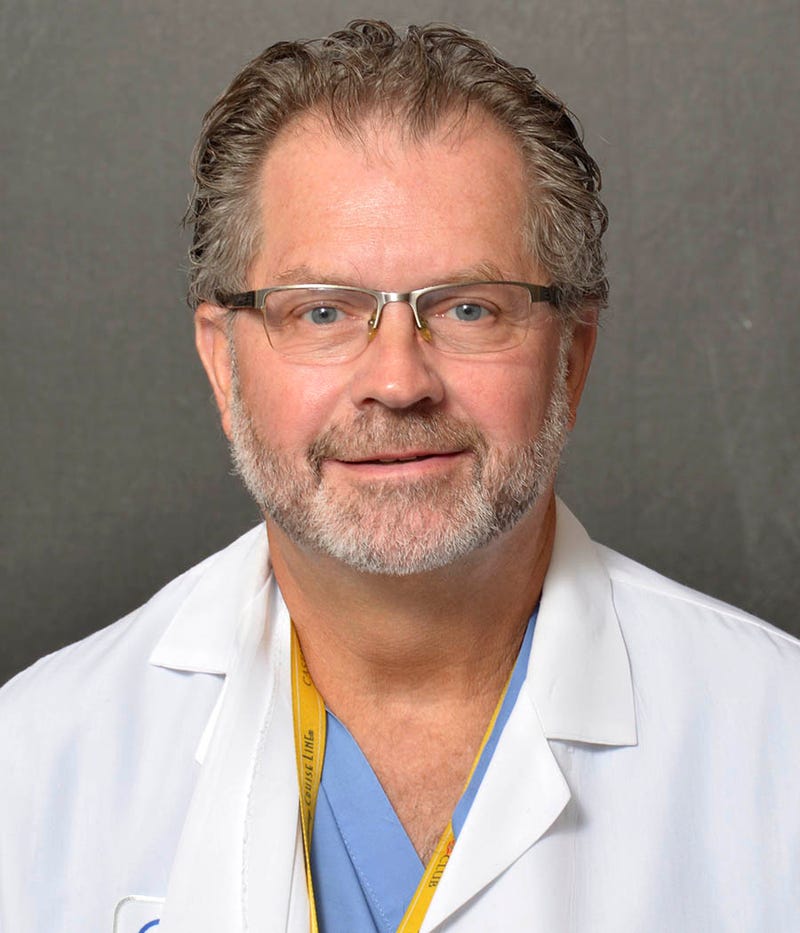
For the overwhelming majority of patients, the signs of dangerously high blood pressure, or hypertension, aren’t just subtle – they’re absent. Often, the first indication that blood flow is beating up artery walls isn’t a symptom, but a complication.
That’s because certain organs are especially sensitive to high BP, accumulating damage over time and literally collapsing under the pressure. It raises the risk for strokes, aneurysms, cognitive decline, vision problems, kidney failure, atherosclerosis, valvular disease, arrhythmias, and weakening of the actual heart muscle, among other consequences. Symptoms presenting from a vast array of conditions are often the first clue that hypertension has been silently stressing vital organs for years.
“Hypertension is the Number One cause of disease burden in the world,” said Interventional Cardiologist Richard Kovach, MD, noting that over 1.5 billion people worldwide are estimated to be hypertensive.

“Only about 70% of people who have hypertension are even aware of it,” he continued. “Only 60% of that group are being treated, and of those being treated, only about 30% are getting their blood pressure controlled.”
Controlling high blood pressure can be achieved at its earliest stages through lifestyle modifications such as a low-fat diet, regular exercise, regular sleep and avoiding smoking and too much salt and alcohol. Medications can be deployed as well, and in particularly resistant cases of hypertension, a minimally-invasive procedure called renal denervation.
KYW’s Rasa Kaye talks with Dr. Kovach about understanding hypertension’s threat and how to keep it at bay, as well as treating and managing it after diagnosis.
To schedule an appointment, visit DemandDeborah.org or call 609-831-4456.
This Health Report is sponsored by Deborah Heart and Lung Center.
